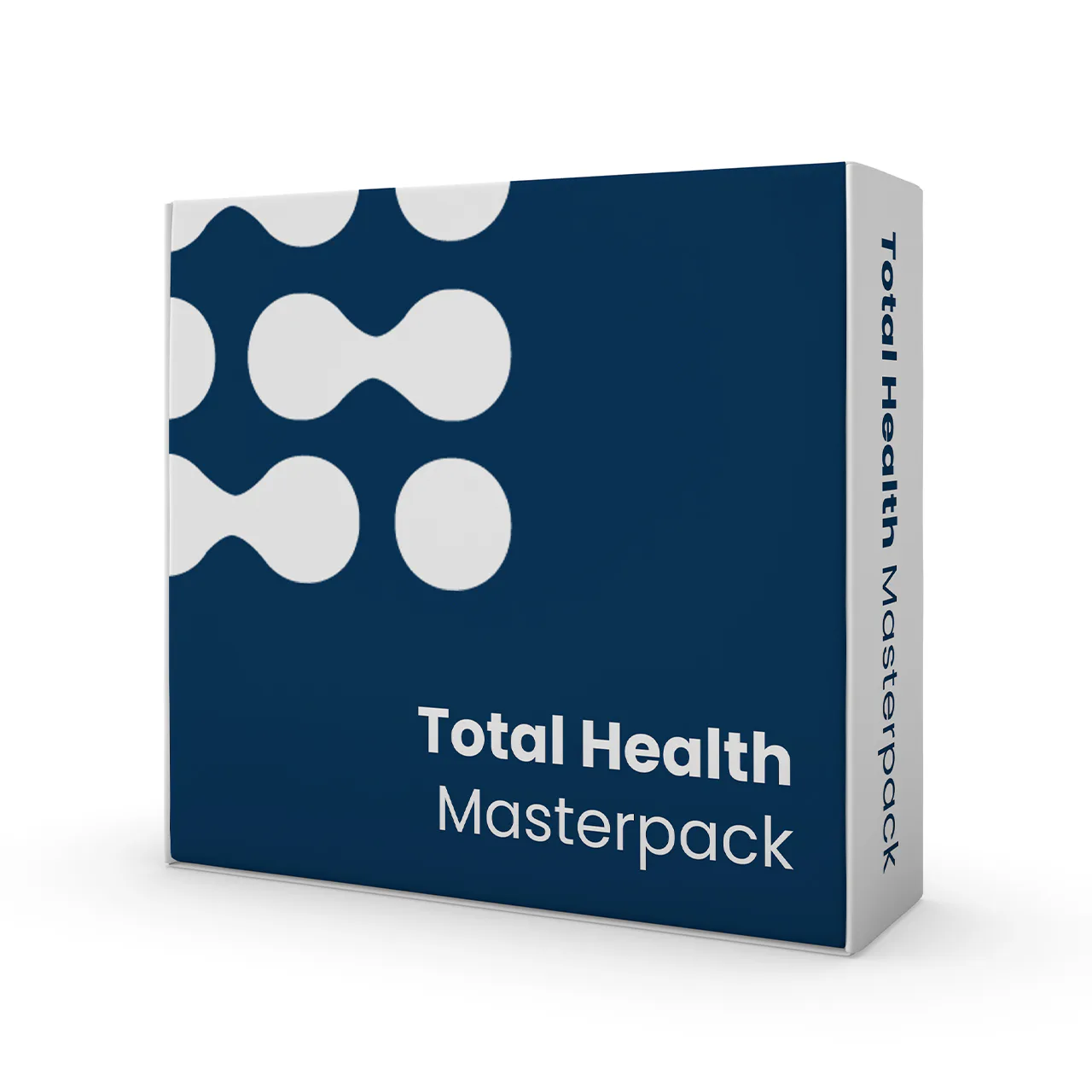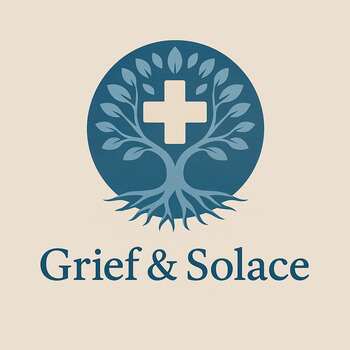Grieving Organ Failure: When the Body’s Strongest Parts Give Out
Grief tied to organ failure is slow and terrifying, watching strength slip away, knowing the body can no longer carry the life it once held.

This post blends real grief with grounded knowledge. It isn’t clinical. It isn’t distant. It’s meant to sit beside you—not above you. The story you’ll read is meant to reflect what so many feel when living through or witnessing this condition: confusion, exhaustion, and quiet forms of courage.
If what you read feels familiar, please speak with your doctor. Your pain deserves more than silence.
We Watched His Strength Fade One Organ at a Time
There was no crash. No car accident. No sudden seizure. Just a slow, almost invisible unraveling…one number at a time on the monitor, one quiet word in the hallway, one fluid-filled chart update after another.
“It’s the kidneys.”
“The liver’s struggling.”
“His lungs are getting stiff.”
Each sentence took something from us. Not all at once, just like him. Piece by piece. Organ by organ.
🧠 Symptoms:
– Heart: shortness of breath, edema, fatigue
– Lungs: cyanosis, labored breathing
– Kidneys: decreased urine, edema, confusion
– Liver: jaundice, bleeding, ascites
– Brain: altered mental state, coma, seizures
– GI: severe pain, vomiting blood, bowel issues
Signs of multi-organ failure include hypotension, mottled skin, mental changes, lab abnormalities.
We used to joke about how strong he was. We said his stubbornness could outlast a hurricane. But strength doesn’t stop sepsis. It doesn’t slow down cascading failure when the body decides it’s tired of fighting.
We sat in a room filled with wires and quiet beeping. IVs tangled like vines around his arms. Tubes down his throat. Lines across his chest. And even in that forest of machines…he looked small.
I held his hand while a ventilator breathed for him. I tried to believe the nurse when she said he could still hear me, so I talked. About the kids. About how the birds were returning outside. About the transplant list that hadn’t moved fast enough.
They called it multi-organ failure. Like that made it cleaner. Like if you name it clinically, it doesn’t sound like your father, or your brother, or your wife is being dismantled from the inside out.
Commonly Affected Organs:
– Heart (Heart failure): unable to pump blood effectively, caused by ischemic heart disease, hypertension, valvular issues
– Lungs (Respiratory failure): inadequate oxygenation or CO₂ removal, due to COPD, pneumonia, ARDS
– Kidneys (Renal failure): impaired filtration, caused by diabetes, hypertension, sepsis
– Liver (Liver failure): impaired detoxification and metabolism, from hepatitis, cirrhosis, drug overdose
– Brain (Neurological failure): coma, altered consciousness, from trauma, stroke, hypoxia
– Pancreas (Pancreatic failure): endocrine/exocrine dysfunction, from severe pancreatitis
– GI system: ischemia or dysfunction, especially in shock or sepsis
Causes:
– Sepsis and systemic infections (main cause of MODS)
– Trauma (burns, crush injuries, hemorrhage)
– Chronic illnesses (diabetes, autoimmune diseases)
– Toxins (alcohol, drugs, environmental toxins)
– Hypoxia (low oxygen delivery)
– Shock states (septic, cardiogenic, hypovolemic)
– Cancer, genetic or metabolic disorders
Every day, they checked the labs: liver enzymes, creatinine, oxygen saturation, and platelet count. The math of mortality is laid out in black ink.
And we watched. Watched him fade. Watched hope stretch thin and brittle like overused gauze.
There’s a silence in the ICU that doesn’t exist anywhere else. It’s not peace. It’s the waiting. For the next number. The next alarm. The next decision.
We prepared for death. And then— he started to fight back.
A kidney started working again. They dialyzed the rest. The lungs improved…slightly. Then the sedation tapered. He blinked.
He blinked….
Risk Factors:
– Advanced age
– Chronic diseases (COPD, diabetes, heart disease)
– Immunosuppression
– Recent surgery or trauma
– Poorly managed infections
– Malnutrition
– Substance abuse
Recovery wasn’t fast or easy. It was months of physical therapy, of learning how to speak again, walk again, hold a spoon without shaking. It was rage. Grief. Relief laced with guilt.
Not everyone walks out.
We did. Barely. Scarred.
And every breath he takes now feels like defiance. Like a quiet miracle that chose to stay.
He was never weak…he was reassembled. And we learned to love him not for what was spared, but for what remained.
📘 Diagnosis & Treatment
Diagnosis
– Blood tests: liver enzymes, kidney function, electrolytes, lactate
– Imaging: CT, MRI, ultrasound
– Organ-specific tests: ECG, ABGs
– Cultures: blood, urine, sputum
– Biopsies if indicated
Treatment:
Supportive care in ICU:
– Mechanical ventilation for respiratory failure
– Dialysis for renal failure
– Vasopressors for blood pressure support
– IV fluids, nutrition, blood products
Organ-specific:
– Heart: inotropes, devices, transplant
– Lungs: oxygen, ventilators, ECMO
– Kidneys: dialysis
– Liver: transplantation, lactulose for encephalopathy
– Brain: ICP monitoring, neurosurgery
Treat underlying causes promptly: infection control, revascularization, surgical repair.
Prognosis
Dependent on number and severity of organs involved, timing, and patient health:
– Multi-organ failure has high mortality (>50%)
– Survivors face long-term disabilities, psychological trauma, and rehab needs.
Prevention:
– Early sepsis recognition
– Infection control measures
– Managing chronic diseases
– Prompt trauma and surgical care
– Vaccinations (flu, pneumonia, COVID-19)
Living With It:
Organ failure is the body’s urgent plea for help. One organ weakens—then another. It’s a war fought in ICU, machines breathing and filtering when the body cannot. Sometimes, despite all efforts, the outcome is uncertain.
There’s grief here: the grief of powerlessness, watching loved ones slip behind tubes, waiting for test results that measure hope in numbers. Yet, amidst the clinical silence, miracles can happen—the fight for survival, the chance to rebuild.
Recovery is not a return to what was but a reinvention—learning to live with scars, with missing pieces, with new rhythms.
I know this is heavy, and I understand that the road ahead may feel like a tangle of loss and unanswered questions. But please hear this: you are not broken because you are hurting; you are not weak because you are afraid. You are living through something real, and survival itself is a kind of grace. You are allowed to struggle, you are allowed to hope, and you are allowed to not have all the answers today. Whatever comes next, you do not face it empty-handed; you carry every moment of love that shaped you, and that will always be enough to keep going.
🎀 Gifts to help With Organ Failure
🏥 Everyday Comforts for Everyday Battles
Managing Organ Failure often means needing a little extra help.
Sometimes it’s about restoring dignity, ease, or simply getting through the day with less pain.
These carefully chosen tools aren’t just items; they’re small bridges back to living.
This section is about finding practical support, never shame.
Hospital-Grade Bedside Commode – For When the Body Can’t Make the Trip Anymore
Organ failure brings weakness that turns walking into a fall risk. This bedside commode provides stability, privacy, and dignity when distance to the bathroom becomes dangerous. With a removable bucket, splash guard, and adjustable height, it makes the unthinkable slightly more bearable. Not because it’s easy—but because some days, sitting nearby is the win.
🌿 Paths to Healing Beyond the Map
Sometimes traditional medicine isn’t enough.
If you’re exploring gentle, alternative options to help with Organ Failure,
you might find comfort in plant-based compounds like **CBD or CBG**.
*This section is not medical advice, just a door left open.*
USA Medical Total Health Master Pack – Gentle System Support for a Body in Decline
When organs begin to fail, the rest of the system works overtime—stress, inflammation, sleeplessness, and emotional collapse aren’t side effects, they’re symptoms. This Total Health Pack offers CBD, calming botanicals, and systemic support to ease the strain where we still can. Not a fix. Not even a delay. Just grace between the failing.
Need a Different Path Forward?
Every journey through grief looks different. Choose the next step that speaks to where you are now:
When You're Ready to Start Healing
Healing doesn’t mean forgetting.
It means finding small ways to carry your grief with strength and grace.
These are the stories, tools, and gentle steps to begin walking forward…at your own pace.
When You're Still in the Thick of It
Sometimes healing feels like a lie.
If you’re not ready to move on…if the pain still roars louder than the world wants to hear…this is the place where you’re allowed to feel it.
No sugarcoating. No pretending. Just truth.
When You're Holding on to Who’s Still Here
Grief reminds us to love louder.
If someone you love is still with you, this is your place to celebrate them, honor them, and create new memories while there’s still time.
Joy and sorrow can live side by side.






